spironolactone
$190.00 – $300.00
This medication is also used to treat low potassium levels and conditions in which the body is making too much of a natural chemical (aldosterone)
Table of Contents
ToggleAbout spironolactone
Spironolactone is used to treat high blood pressure and heart failure. Lowering high blood pressure helps prevent strokes, heart attacks, and kidney problems. It is also used to treat swelling (edema) caused by certain conditions (such as heart failure, liver disease) by removing excess fluid and improving symptoms such as breathing problems.
This medication is also used to treat low potassium levels and conditions in which the body is making too much of a natural chemical (aldosterone).
Spironolactone is known as a “water pill” (potassium-sparing diuretic).
How to use
Take this medication by mouth, as directed by your doctor. If stomach upset occurs, take it with food or milk. It is best to take your dose early in the day (before 6 p.m.) to prevent having to get up during the night to urinate. Consult your doctor or pharmacist if you have any questions.
If you are using the liquid form of this medication, shake the bottle well before each dose. Carefully measure the dose using a special measuring device/spoon. Do not use a household spoon because you may not get the correct dose. You may take the liquid form of this medication with or without food, but it is important to choose one way and take it the same way with every dose.
Dosage is based on your medical condition and response to therapy. In children, the dosage is also based on body weight.
Take this medication regularly in order to get the most benefit from it. Remember to use it at the same time(s) each day as directed. Keep taking this medication even if you feel well. Most people with high blood pressure do not feel sick.
Take this medication exactly as prescribed. Do not increase your dose, take it more often than prescribed, or stop using this medicine without first consulting your doctor. Your condition may become worse when the drug is suddenly stopped.
Inform your doctor if your condition worsens (e.g., if you notice an increase in your routine blood pressure readings).
spironolactone Side effects
Drowsiness, dizziness, lightheadedness, stomach upset, diarrhea, nausea, vomiting, or headache may occur. To minimize lightheadedness, get up slowly when rising from a seated or lying position. If any of these effects persist or worsen, notify your doctor or pharmacist promptly.
Remember that your doctor has prescribed this medication because he or she has judged that the benefit to you is greater than the risk of side effects. Many people using this medication do not have serious side effects.
Tell your doctor right away if you have any serious side effects, including: increased thirst, signs of kidney problems (such as change in the amount of urine), mental/mood changes, unusual fatigue/weakness, muscle spasms, menstrual period changes, breast pain, breast enlargement (gynecomastia) in men, sexual function problems, signs of infection (e.g., fever, persistent sore throat), severe stomach/abdominal pain, persistent nausea/vomiting, vomit that looks like coffee grounds, dark urine, yellowing of the eyes/skin, easy bruising/bleeding.
This medication may lead to high levels of potassium, especially in patients with kidney problems. If not treated, very high potassium levels can be fatal. Tell your doctor right away if you notice any of the following serious side effects: slow/irregular heartbeat, muscle weakness.
A very serious allergic reaction to this drug is rare. However, get medical help right away if you notice any symptoms of a serious allergic reaction, including: rash, itching/swelling (especially of the face/tongue/throat), severe dizziness, trouble breathing.
This is not a complete list of possible side effects. If you notice other effects not listed above, contact your doctor or pharmacist.
In the US – Call your doctor for medical advice about side effects. You may report side effects to FDA at 1-800-FDA-1088 or at www.fda.gov/medwatch.
In Canada – Call your doctor for medical advice about side effects. You may report side effects to Health Canada at 1-866-234-2345.
Warnings & Precautions
Before taking spironolactone, tell your doctor or pharmacist if you are allergic to it; or if you have any other allergies. This product may contain inactive ingredients, which can cause allergic reactions or other problems. Talk to your pharmacist for more details.
Before using this medication, tell your doctor or pharmacist your medical history, especially of: kidney problems, liver problems, untreated mineral imbalance (such as high potassium, low sodium), decreased adrenal gland function (Addison’s disease).
Before having surgery, tell your doctor or dentist about all the products you use (including prescription drugs, nonprescription drugs, and herbal products).
This medication may increase your potassium levels. Before using potassium supplements or salt substitutes that contain potassium, consult your doctor or pharmacist. Limit foods high in potassium such as bananas, tomatoes, potatoes, and low-salt milk. Consult your doctor or pharmacist for more details, including recommendations.
This drug may make you dizzy or drowsy. Alcohol or marijuana (cannabis) can make you more dizzy or drowsy. Do not drive, use machinery, or do anything that needs alertness until you can do it safely. Limit alcoholic beverages. Talk to your doctor if you are using marijuana (cannabis).
Older adults may be more sensitive to the side effects of this drug, especially the effects on potassium (see Side Effects section).
This medication should be used only when clearly needed during pregnancy. Discuss the risks and benefits with your doctor.
This medication passes into breast milk but is unlikely to harm a nursing infant. Consult your doctor before breast-feeding.
spironolactone Storage
Store at room temperature away from light and moisture. Do not store in the bathroom. Keep all medications away from children and pets.
Do not flush medications down the toilet or pour them into a drain unless instructed to do so. Properly discard this product when it is expired or no longer needed. Consult your pharmacist or local waste disposal company.
Drug interactions
See also Precautions section.
Drug interactions may change how your medications work or increase your risk for serious side effects. This document does not contain all possible drug interactions. Keep a list of all the products you use (including prescription/nonprescription drugs and herbal products) and share it with your doctor and pharmacist. Do not start, stop, or change the dosage of any medicines without your doctor’s approval.
Some products that may interact with this drug include: lithium, drugs that may increase the level of potassium in the blood (such as amiloride, cyclosporine, eplerenone, tacrolimus, triamterene, birth control pills containing drospirenone).
Some products have ingredients that could raise your blood pressure or worsen your swelling. Tell your pharmacist what products you are using, and ask how to use them safely (especially cough-and-cold products, diet aids, or NSAIDs such as ibuprofen/naproxen).
This medication may interfere with certain laboratory tests (including digoxin or cortisol levels), possibly causing false test results. Make sure laboratory personnel and all your doctors know you use this drug.
Overdose
If someone has overdosed and has serious symptoms such as passing out or trouble breathing, call 911. Otherwise, call a poison control center right away. US residents can call their local poison control center at 1-800-222-1222. Canada residents can call a provincial poison control center.
| Quantity | 100 pills, 200 pills, 300 pills |
|---|
Be the first to review “spironolactone” Cancel reply
Related products
Uncategorized
Uncategorized
Uncategorized
Uncategorized
Uncategorized
Uncategorized
Uncategorized
Uncategorized
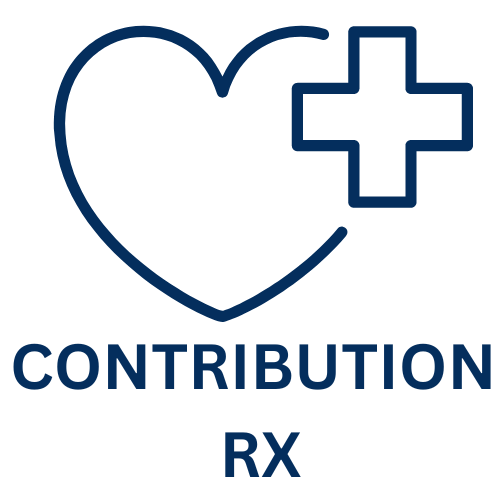
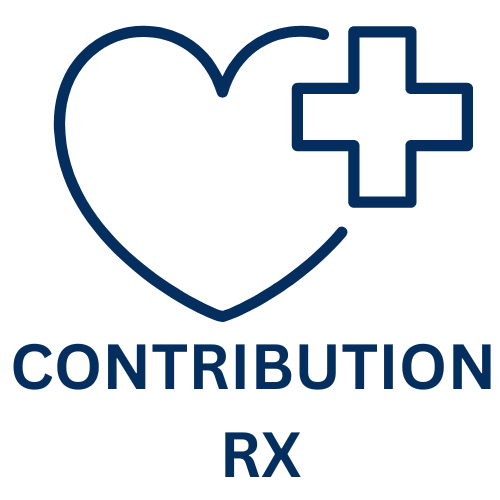
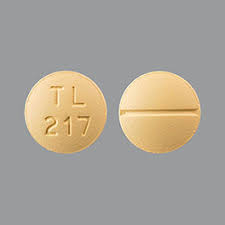
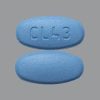
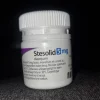
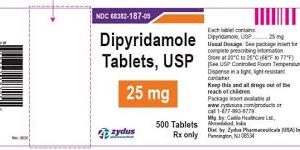
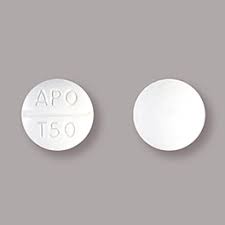

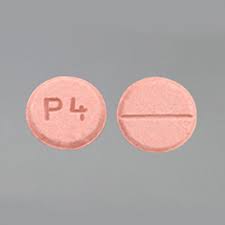
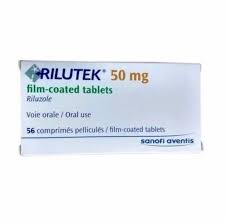
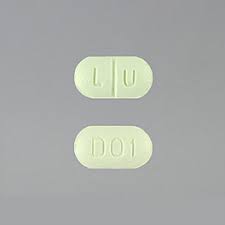
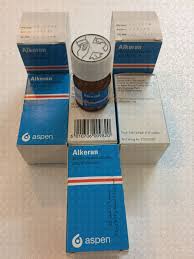
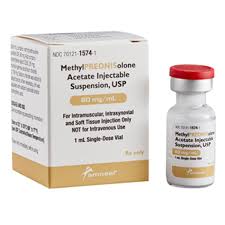
Reviews
There are no reviews yet.